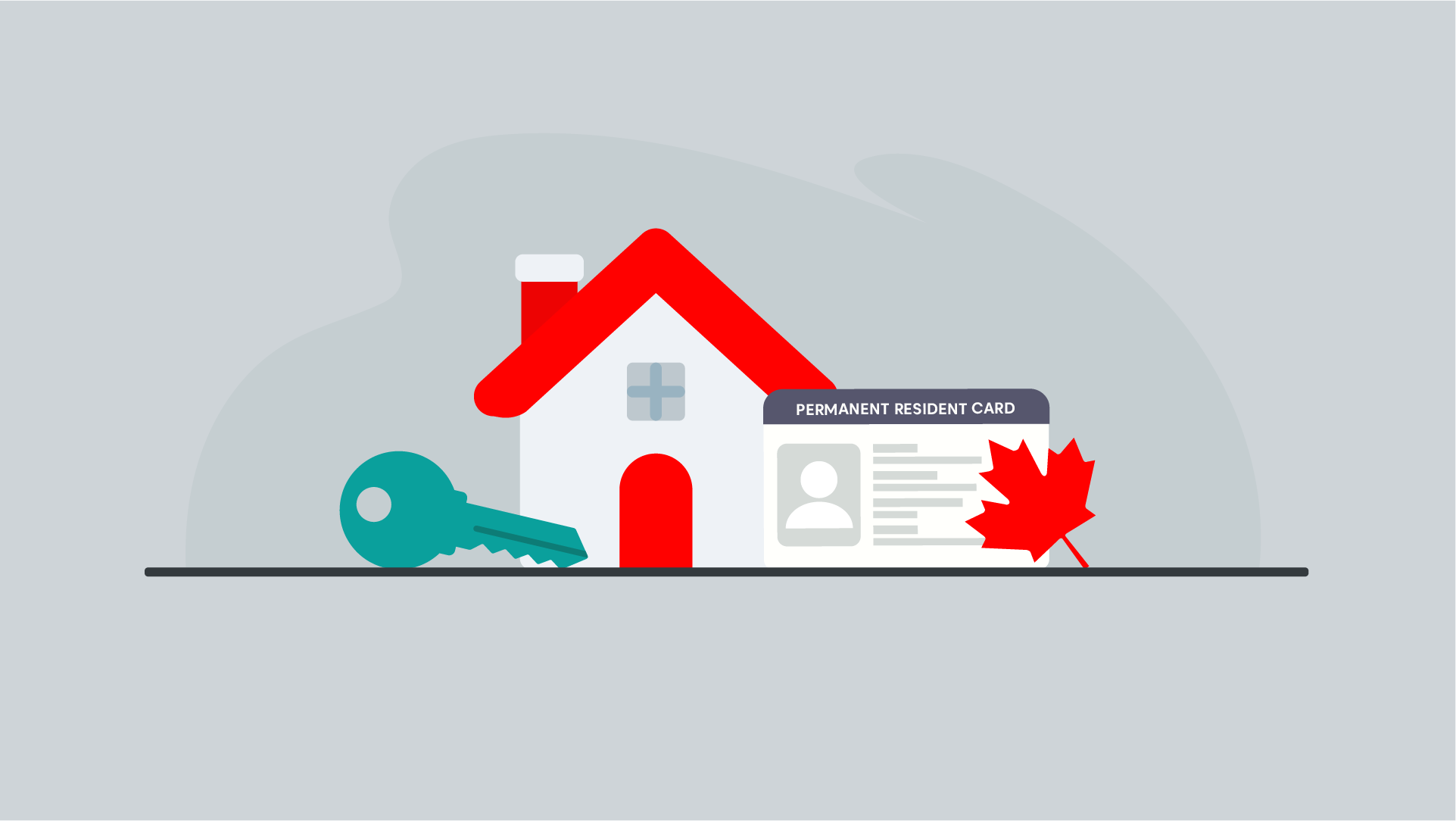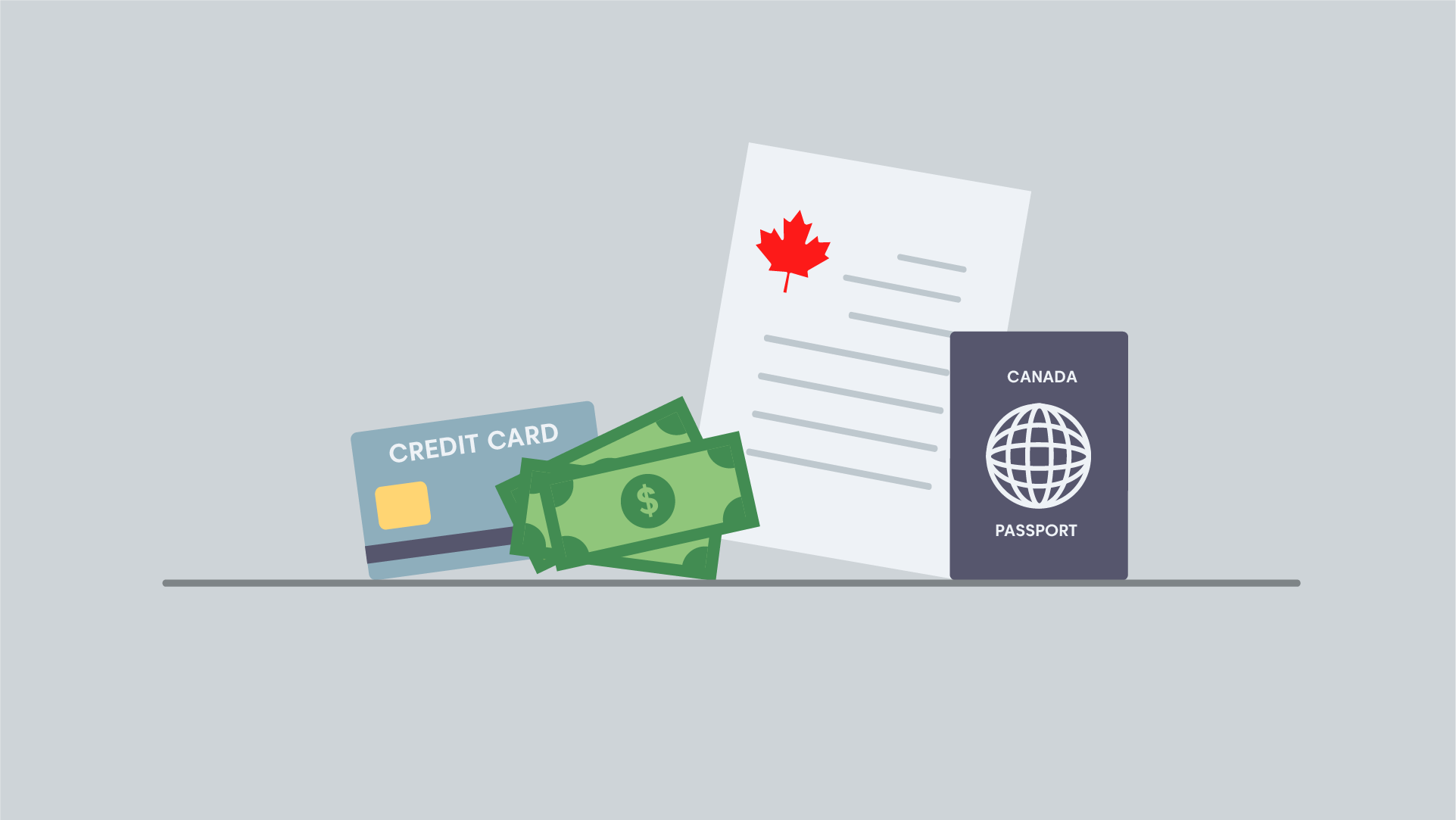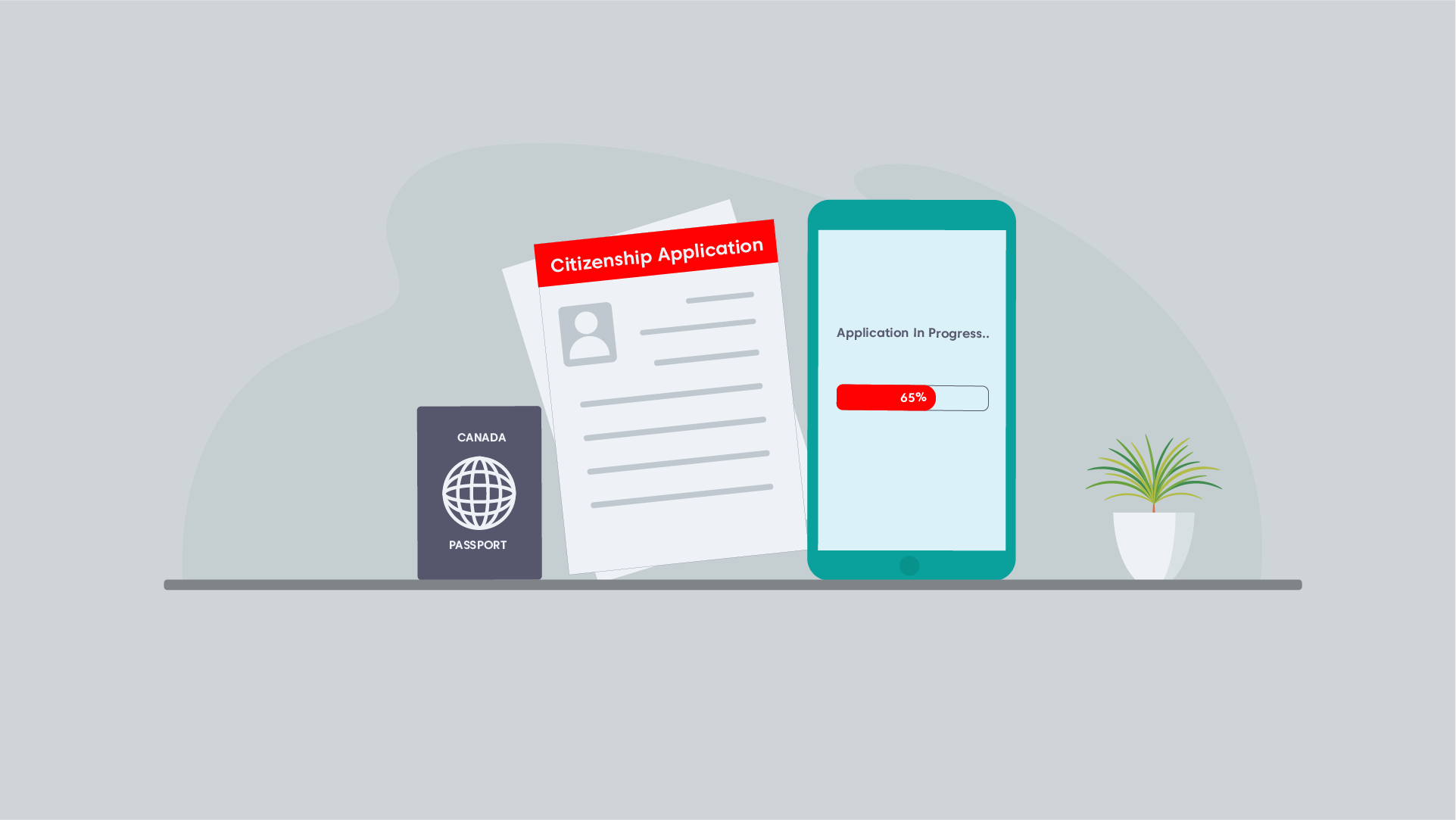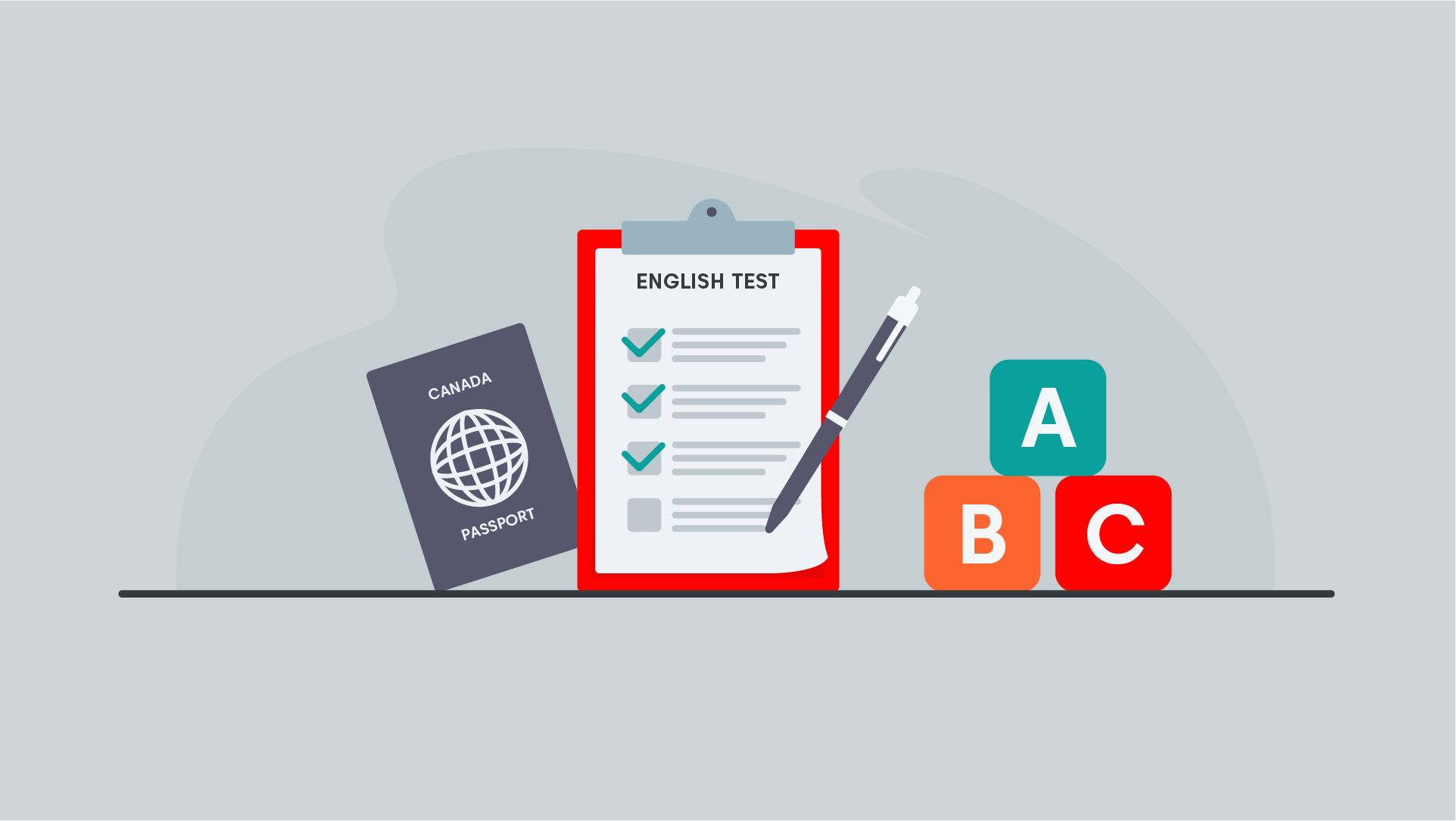Canada PR to Citizenship: What You Need to Know
By Umme Hani on Oct 23, 2024
If you’ve weathered the storm that is the Canadian immigration process, you must already be looking forward to the next step—becoming a citizen of the Great White North. It’s quite an exciting milestone. After all, it marks the final step in settling down in Canada. For most, it’s more about having a sense of belonging and getting the opportunity to call one of the best countries in the world home.
Citizenship comes with many perks, like voting, getting a Canadian passport, and fully enjoying all the rights that come with it. If you’re a PR, you’re already well on your way. But citizenship is the finish line.
So, how can you transition from a permanent resident to citizenship in Canada? Let’s have a look!
Canada Permanent Residence vs. Citizenship
First things first, what’s the difference between permanent residence and citizenship in Canada?
While both permanent residents (PR) and citizens enjoy many rights and freedoms in Canada, there are key differences between the two statuses.
Here’s a closer look at some of the main distinctions between the two:
-
Legal Status and Rights
Permanent Residence: As a PR, you have the right to live, work, or study anywhere in Canada. You also enjoy most of the social benefits that Canadian citizens do, like healthcare. However, you remain a citizen of your home country.
Citizenship: Canadian citizens hold full legal status. They can obtain a Canadian passport and have the right to vote and run for political office. Citizens are also protected from losing their status. -
Travel and Mobility
Permanent Residence: PRs can leave and re-enter Canada freely. However, they must meet residency requirements (usually living in Canada for at least two out of every five years) to maintain their status. Failing to meet this can result in losing PR status.
Citizenship: Citizens can travel freely with a Canadian passport and are not subject to residency requirements. They can live outside Canada indefinitely without worrying about losing their citizenship. -
Political Participation
Permanent Residence: PRs cannot vote or run for political office in Canada. While they can participate in some community and local events, their political involvement is limited.
Citizenship: Citizens can vote in federal, provincial, and local elections and run for political office. This gives citizens the ability to have a say in the country’s direction and policies. -
Protection from Deportation
Permanent Residence: PRs can be deported if they commit a serious crime or violate immigration laws. Their status can be revoked under certain circumstances.
Citizenship: Citizens cannot be deported, regardless of criminal convictions, and are fully protected by Canadian law. -
Applying for a Passport
Permanent Residence: PRs must use the passport of their home country when traveling internationally. They also need a PR card to re-enter Canada.
Citizenship: Citizens can apply for a Canadian passport, which offers more travel benefits and visa-free access to many countries. -
Dual Citizenship
Permanent Residence: PR status does not grant dual citizenship. You maintain your original nationality and follow the rules of your home country.
Citizenship: Canada allows dual citizenship, so you can become a Canadian citizen without giving up your original nationality (as long as your home country also permits dual citizenship).
Here’s a table to give you an overview of the differences between the two.
| Category | Permanent Residence | Citizenship |
|---|---|---|
| Legal Status | PRs are residents of Canada but citizens of another country. | Full Canadian citizen with all associated rights. |
| Voting Rights | Cannot vote or run for office. | Can vote and run for office at all levels. |
| Residency Requirements | Must live in Canada at least 2 out of every five years. | No residency requirements after becoming a citizen. |
| Deportation | PRs can be deported for serious crimes or violations. | Citizens cannot be deported. |
| Travel Documents | Must use a PR card and home country passport. | Can apply for a Canadian passport. |
| Dual Citizenship | PR status does not allow dual citizenship. | Canada allows dual citizenship. |
| Protection from Loss | PR status can be revoked if residency requirements aren’t met. | Citizenship is permanent and cannot be revoked. |
In short, while permanent residents enjoy many rights in Canada, becoming a citizen offers greater freedom and security. If you’re a PR considering citizenship, it’s worth thinking about what these additional rights and privileges mean for your future.
After PR in Canada How to Get Citizenship
Here’s how you can apply for Canadian citizenship after obtaining PR status:
-
Meet the Eligibility Criteria
You must meet the following requirements to qualify for Canadian citizenship:
- Residency
You must have lived in the country for at least 1,095 days (three years) out of the last five years. This time doesn’t need to be continuous. Also, keep in mind that time spent in Canada as a temporary resident may count. However, only half of those days (up to 365 days) will be considered.
-
Language Proficiency
If you’re between 18 and 54 years old, you must demonstrate your ability to speak and understand one of Canada’s official languages—English or French.
- Tax Filing
You need to have filed your taxes for at least three years within the last five years before applying.
- No Serious Criminal History
You must not have a serious criminal record that could make you ineligible for citizenship.
-
Put Together the Required Documents
You will have to submit the following documents when applying for citizenship:
- Proof of permanent residency status (PR card or other documentation)
- ID documents, such as a passport
- Language proficiency test results (if applicable)
- Proof of time spent in Canada (travel records, work permits, etc.)
- Receipts for the citizenship application fee
-
Submit Your Application
Once you’ve collected all the necessary documents, you can submit your citizenship application. The application process is completed online, but paper forms are available if needed.
You’ll also need to pay the citizenship application fee, which is $630 for adults. -
Take the Citizenship Test
After your application is processed, you may be asked to take the Canadian citizenship test if you’re between 18 and 54 years old. This test covers topics like Canadian history, government, geography, and the rights and responsibilities of citizens. You’ll be notified about the test location and time once your application reaches this stage.
-
Attend an Interview (If Required)
In some cases, applicants may be required to attend an interview with a citizenship official. This is usually to clarify details in your application or check language proficiency.
-
Take the Oath of Citizenship
Once you pass the test and meet all requirements, you’ll be invited to attend a citizenship ceremony. This is where you take the Oath of Citizenship to officially become a Canadian citizen. After this, you’ll receive your Canadian citizenship certificate.
-
Apply for a Canadian Passport
After you become a citizen, you can apply for a Canadian passport, giving you greater travel freedom and access to many countries without a visa.
What Happens If You Don’t Apply for Canada Citizenship After PR?
If you’re a permanent resident in Canada, you may wonder whether it’s obligatory to apply for Canadian citizenship. Although the answer is quite obvious, given the considerable amount of benefits for citizens, many choose not to take this step. However, it’s important to understand the potential risks of choosing to remain a PR and not proceeding towards Canadian citizenship.
Conditions for Maintaining Your Canada PR Status
Choosing to remain a PR of Canada is a preference for some, which is fine. However, it’s important to note that this comes with certain conditions. Unlike Canadian citizens, PRs must meet certain requirements to maintain their permanent residence status.
-
Residency Obligations
PRs must spend at least 730 days, about two years within a five-year period, to maintain their status. These days don’t need to be consecutive but must add up. Remember that spending too much time outside Canada could cause you to lose your PR status. On the other hand, Canadian citizens have no residency requirements. They can live anywhere in the world without the fear of losing their status.
-
PR Card Renewal
As a permanent resident, your PR card acts as your proof of status. This card comes with an expiration date, which is every five years. When traveling outside Canada, you require a valid PR card to re-enter the country. And renewing your PR card involves meeting the residency requirement and paying a fee. This can be a real hassle if you’re not staying in Canada long-term. In contrast, Canadian citizens don’t have to worry about renewing a PR card. They hold a Canadian passport instead, allowing them to travel stress-free.
Risk of Losing Your Canada PR Status
While being a permanent resident gives you many rights similar to a Canadian citizen, it doesn't come with the same level of security. You could lose your PR status by failing to meet your residency obligations or engaging in activities that violate Canadian law,.
-
Residency Violations
As mentioned, failing to meet the 730-day residency requirement within a five-year period can result in the loss of your PR status. Immigration authorities could review your case and decide whether or not you can retain your status.
-
Deportation Risk
While it’s rare, PRs can be deported from Canada in certain situations. For example, if you're convicted of a serious crime, you could lose your PR status and be deported. h However, Canadian citizens cannot be deported, regardless of the situation. This, of course, is a significant layer of protection for those who transition from PR to citizenship in Canada.


